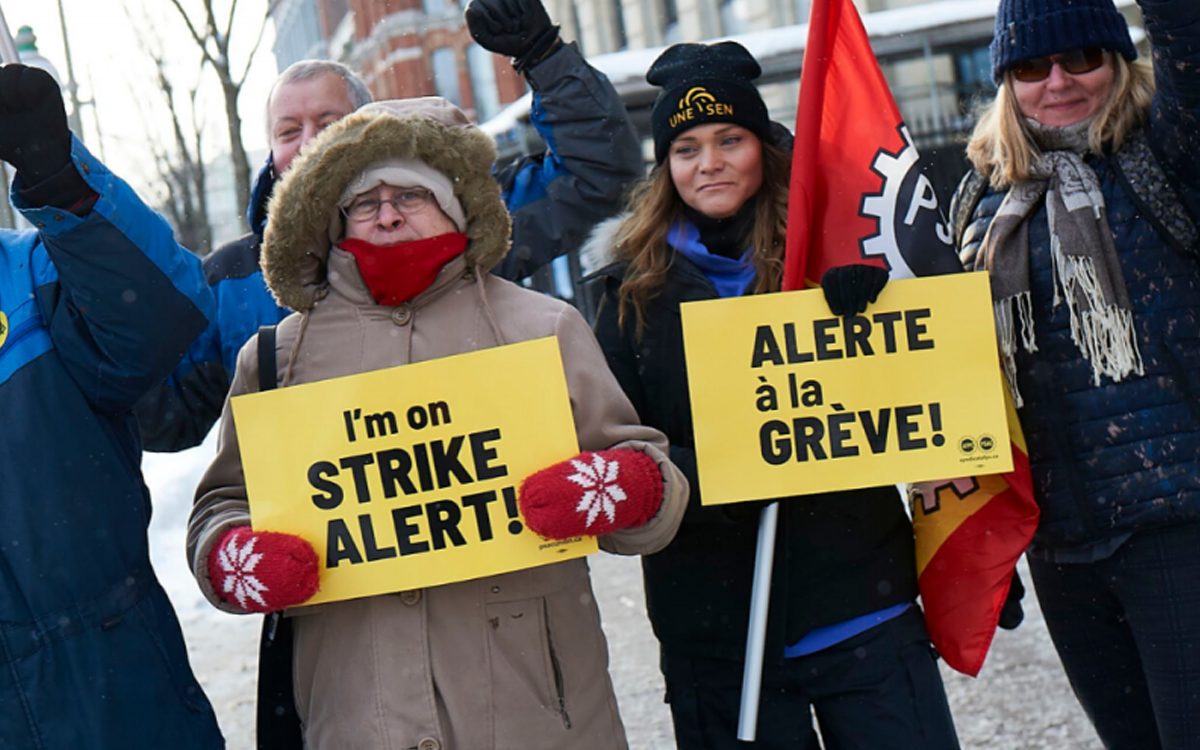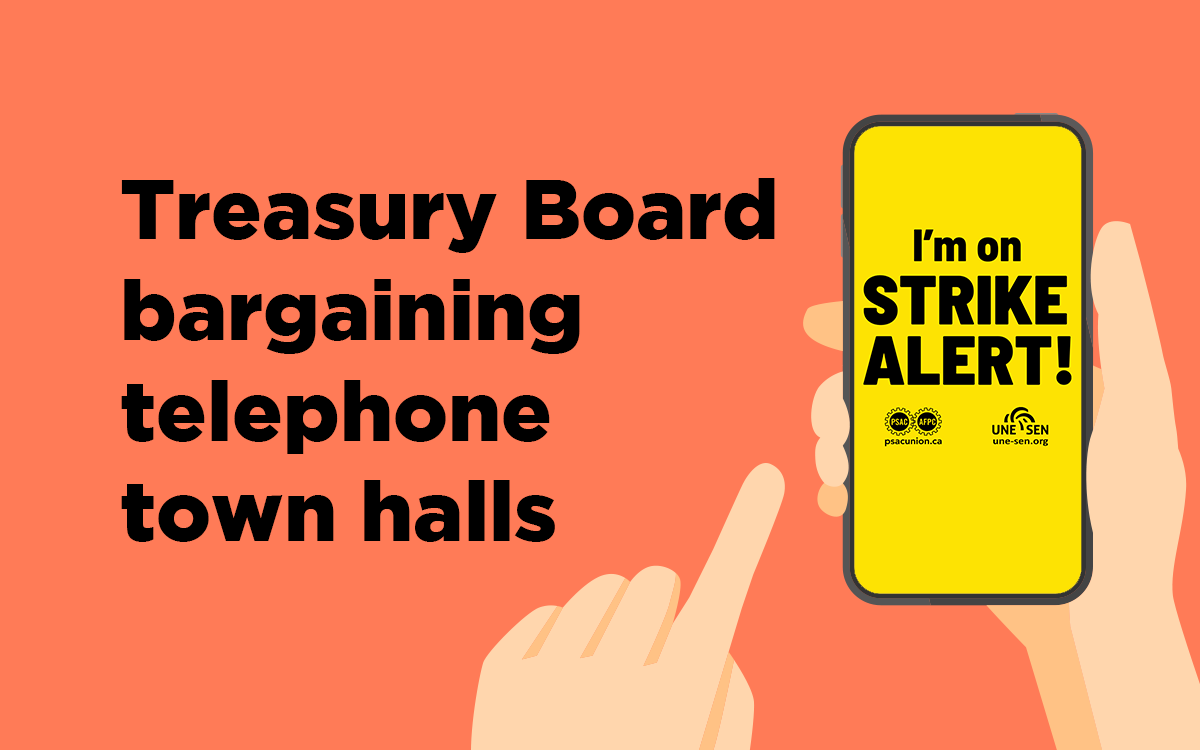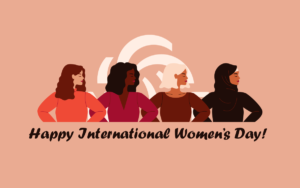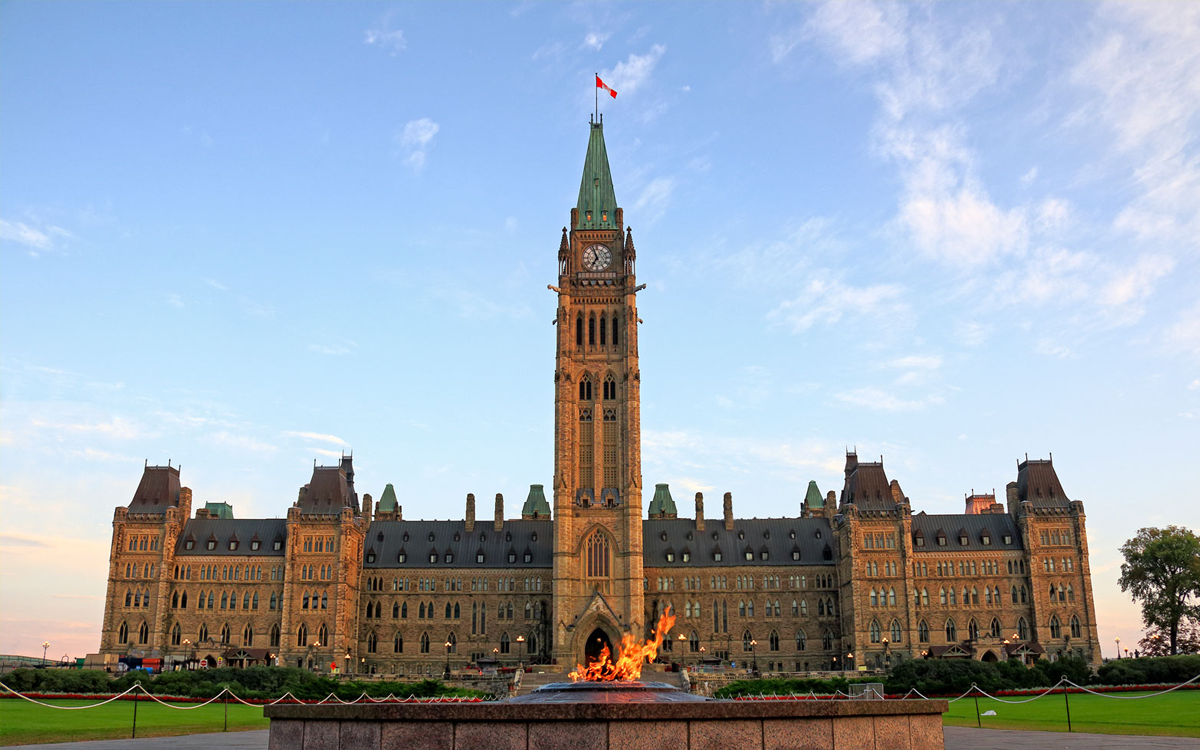Updated on March 15, 2020
Please note this page will be updated regularly as we remain in close contact with both employers and members during this health crisis.
Who is at the highest risk of contracting the virus at work?
Front line workers in direct contact with the public are at the highest risk. This may include airport personnel, border services and immigration employees, teaching assistants, passport offices employees, healthcare staff etc. Anyone who comes in close proximity with a possibly infected individual could be at risk for contracting the coronavirus.
What are the employer’s responsibilities and my rights in the workplace?
There is a general duty on all employers to take all reasonable precautions to prevent harm to employees in the workplace. Employers should have a detailed plan in place to deal with this pandemic and specific protocols, including providing personal protective equipment for workers and the necessary training to use and dispose of that equipment. The approach must be proactive and focus on the protection of the worker.
PSAC is urging all employers to focus on the steps that will be required should the situation escalate within Canada. Employers also have a responsibility to provide appropriate education and training to all of their employees.
Under health and safety legislation, employees have the right to refuse dangerous work.
Workplace health and safety committees have a legal right to participate in the development of any workplace prevention and preparation strategies dealing with the virus.
For more information, consult the Canadian Centre for Occupational Health & Safety.
If you have any questions or concerns about your health and safety at work, speak to a member of your PSAC local or a health and safety representative in your workplace. You can also reach out to your PSAC regional office.
What kind of leave can I take if I am quarantined or forced to self-isolate?
The employer has agreed to our demand to use “other leave with pay” rather than force our members to use sick leave. Treasury Board has said:
Employees that are required by public health officials to self-isolate, if in good health and able to work, will be asked to discuss with their managers the option to telework. If that is not possible, the employees will be granted “other leave with pay (699 code)” as per their collective agreements.
In the event that your collective agreement does not provide alternatives to sick leave as mentioned above and your employer is refusing to grant you paid leave, you are entitled to take sick leave if you are quarantined. Refer to your collective agreement for details.
If you do not have any (or not enough) paid sick leave, you can take unpaid job-protected leave. The Canada Labour Code provides up to 17 weeks of job-protected medical leave. Many provinces have such leave under their employment standards legislation. You can claim Employment Insurance (EI) benefits for periods off work due to illness if your employer doesn’t pay for your sick leave. The Liberal government has recently announced a change to the rules for Employment Insurance (EI) so that workers affected do not have to serve the waiting period to claim EI sick benefits, as well as other measures to help employers and employees. For more information, visit Government of Canada takes action on COVID-19.
If you contract coronavirus at work, you may be able to file a claim for workers compensation benefits. These types of claims were made by healthcare workers during the SARS outbreak. For more information contact your provincial or territorial workers compensation board or speak to a union representative in your local, PSAC regional office, or component.
The union is urging all employers to be flexible in allowing employees to take paid and unpaid leaves or to allow employees to work from home if possible.
Can I telework to avoid exposure to the virus, or if I am ill or quarantined?
PSAC has urged all employers to allow telework wherever possible and Treasury Board has now committed to being “as flexible as possible” in granting leave and other provisions for our members . However, if you are ill, you should not have to work, but instead have the right to take sick leave.
In workplaces where telework is not possible, the employer must either allow you to take leave for quarantine or illness and take all necessary measures to ensure that your workplace is healthy and safe in accordance with health and safety legislation.
As well, COVID-19 may be considered a “disability” under human rights legislation, which would then require employers to accommodate you to the point of “undue hardship”. For more information, contact the Canadian Human Rights Commission or your provincial/territorial human rights commission (if you do not work in the federal public service or under federal jurisdiction).
What can I do if my children’s school or daycare is closed?
Treasury Board has said that if employees cannot work because their children cannot attend school or daycare due to a closure or because of attendance restrictions in place in relation to the coronavirus situation, employees will be granted “other leave with pay” (699 code).
The above provisions for disruption of school and daycare operations related to the coronavirus will remain available to employees and managers for the duration of the disruption in the respective jurisdictions but will be reassessed by the Employer on April 10, 2020.
What rights do I have if a family member is affected by the virus?
Many collective agreements contain provisions for family-related leave. Refer to your collective agreement to determine your entitlements. As well, the Canada Labour Code and employment standards legislation in many provinces and territories contain provisions for job-protected family responsibility leave. If the illness becomes serious, you may also claim benefits for Compassionate Care Leave under your collective agreement and Employment Insurance.
If you are required to take care of a family member with the virus who is a dependent and you have made reasonable efforts to self-accommodate, the employer may be required to accommodate you up to the point of undue hardship (i.e. flexible work schedule, reduced hour, a different work schedule…etc.). The usual obligations on the employer on the duty to accommodate apply.
Mental health
For government employees: contact the 24-7 Employee Assistance Program (EAP) or your departmental coordinator, access care through the Public Service Healthcare Plan (PSHP), or use the nationwide Specialized Organizational Services (SOS).
What do I do if I face discrimination at work?
If you face discrimination as a result of:
Having to be in quarantine due to real or perceived illness/disability
Being out of the workplace due to illness or taking care of sick family
Being stereotyped or harassed because of your race or ethnic origin
Any other negative treatment due to a ground of discrimination under human rights legislation you should speak to your local or component representative about the possibility of filing a grievance and/or human rights complaint.
Members of Asian communities in Canada and around the world have been facing racism and discrimination as a result of misinformation and stereotypes about the communities perceived to be associated with the virus. We want to remind everyone that fear or confusion about this virus should never lead to stereotyping or negative comments or actions towards people because of their race, ethnicity, or place of origin (see the PSAC Anti-Harassment Policy and the Statement on Harassment).
Source: PSAC









